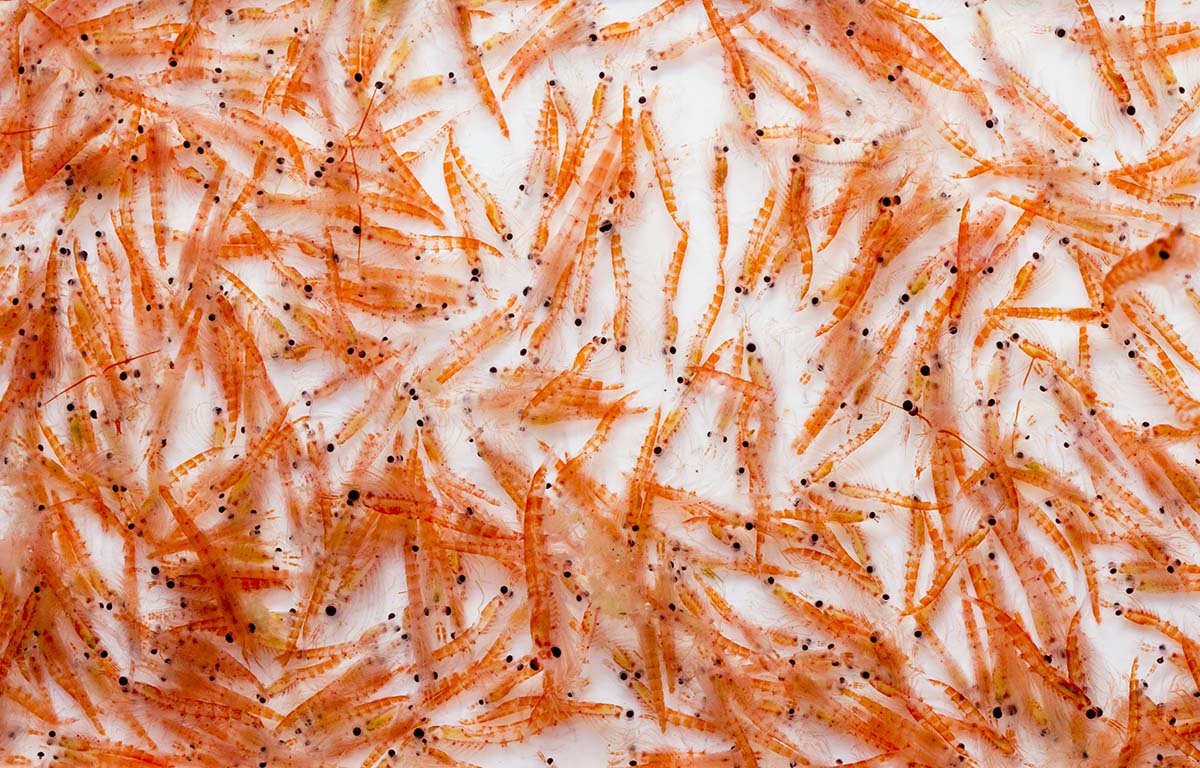A study recently published in Fishes found that krill meal in the diet of farmed Atlantic salmon has no benefit when used in conjunction with other animal protein like poultry meal.
During a 90-day post-smolt feeding trial, scientists found that krill meal had no effect on the growth rate or feed intake of salmon in animal-based feeds, meaning krill meal has potentially no benefit when poultry-based protein is present.
“Our findings demonstrate that the addition of krill meal to the diet provides no added benefit to growth or survival when animal proteins like poultry meal are present,” Aquatic Feed Technologies Founder Rick Barrows, the lead author of the study, said. “Krill increased feed consumption and may provide a nutrient that is also found in poultry meal.”
The Future of Fish Feed (F3) said the study formed the foundation of its latest F3 Krill Replacement Challenge, which launched in June 2023. The contest challenges its participants to come up with a krill replacement in aquafeed.
The study researched differing levels of krill meal in Atlantic salmon feed – from feed with no krill included up to feed comprising 5 percent krill meal. Each feed tested in the trial was also fishmeal- and fish oil-free.
“These findings raise important questions about the necessity of the Antarctic krill fishery to supply the aquafeed sector, given the outsized role these tiny crustaceans play in supporting one of the most fragile ecosystems on our planet,” F3 Chair and University of Arizona Professor Kevin Fitzsimmons said. “The results from our latest contest may soon reveal that there are many great krill replacements already in the marketplace.”
A follow-up study also found that replacing fishmeal and fish oil had “limited impact” on the palatability attributes of salmon fillets for consumers, F3 said.
The findings and the contest come as scientists and environmental advocates increasingly scrutinize the practice of harvesting krill from the waters near Antarctica.
Norwegian krill processing company Aker BioMarine, in response, has called efforts to replace krill as an ingredient “ill-advised,” saying the fishery has strong sustainability credentials.
“[F3 has] failed to grasp the strong sustainability credentials of krill and have only backed up their claims with a very rudimentary display of knowledge of krill,” Aker Vice President of Policy and Impact Pål Skogrand said.
Photo courtesy of I. Noyan Yilmaz/Shutterstock







